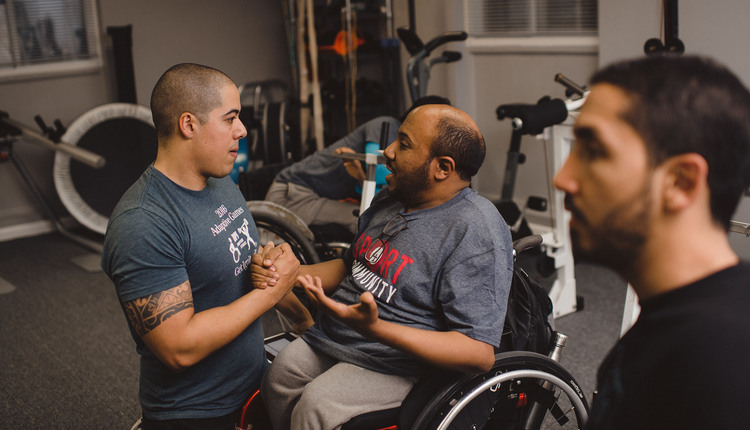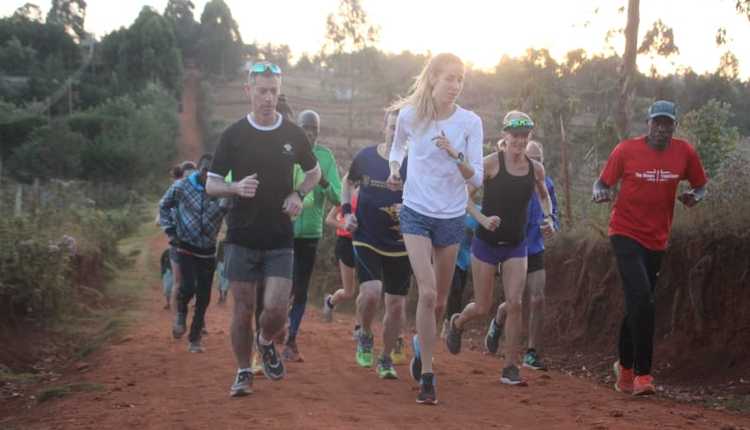
We preach it consistently to our clients: "Results happen during recovery." We know overtraining leads to mental and physical fatigue, metabolic breakdown, increases risk of injury and can deter, and even revert, progress. Most people are programmed to believe that more equals better and fall in to the trap of "all-or-nothing" and wonder why they find themselves stagnant.
Yet many of us don't take our own advice, particularly when it comes to applying planned and purposeful recovery in our businesses and careers. Most of us have been programmed to believe that the harder we work, the better the outcome.
True, work hard and you will likely see success; just like in training the physical body. But we must apply a practice of planned recovery. We need to give our mental muscle time to recharge in order to progress forward at full capacity.
Instead of just working hard, approach your business planning much like we do with fitness: implement programming. Program goals, actions or specific actions on which to focus that will have a direct impact on your business or career in 30-day increments. Map out what the 30 days need to look like in order to achieve the desired end result or a specific benchmark. Maybe it's a sales focus, a focus on hiring new team members, learning a new business skill or focusing on your client retention strategy, but it must be tangible and clear.
Just as important as creating your program is planning your recovery. Build in one full day or a weekend you commit to stepping away from your business or job and instead focus on something that fulfills you personally or something you do with your family. Make it something you'll look forward to after you've put every ounce of focused effort toward that single goal or action.
Training the mental muscle is no different than training the physical. Forward progress will only occur when the mental muscle has time to rest, recharge and recover. If we don't purposefully plan mental recovery, we're setting ourselves up for failure; not out of lack of will or intention, but because we have to stop before we can expect to move forward.
Yet many of us don't take our own advice, particularly when it comes to applying planned and purposeful recovery in our businesses and careers. Most of us have been programmed to believe that the harder we work, the better the outcome.
True, work hard and you will likely see success; just like in training the physical body. But we must apply a practice of planned recovery. We need to give our mental muscle time to recharge in order to progress forward at full capacity.
Instead of just working hard, approach your business planning much like we do with fitness: implement programming. Program goals, actions or specific actions on which to focus that will have a direct impact on your business or career in 30-day increments. Map out what the 30 days need to look like in order to achieve the desired end result or a specific benchmark. Maybe it's a sales focus, a focus on hiring new team members, learning a new business skill or focusing on your client retention strategy, but it must be tangible and clear.
Just as important as creating your program is planning your recovery. Build in one full day or a weekend you commit to stepping away from your business or job and instead focus on something that fulfills you personally or something you do with your family. Make it something you'll look forward to after you've put every ounce of focused effort toward that single goal or action.
Training the mental muscle is no different than training the physical. Forward progress will only occur when the mental muscle has time to rest, recharge and recover. If we don't purposefully plan mental recovery, we're setting ourselves up for failure; not out of lack of will or intention, but because we have to stop before we can expect to move forward.
















